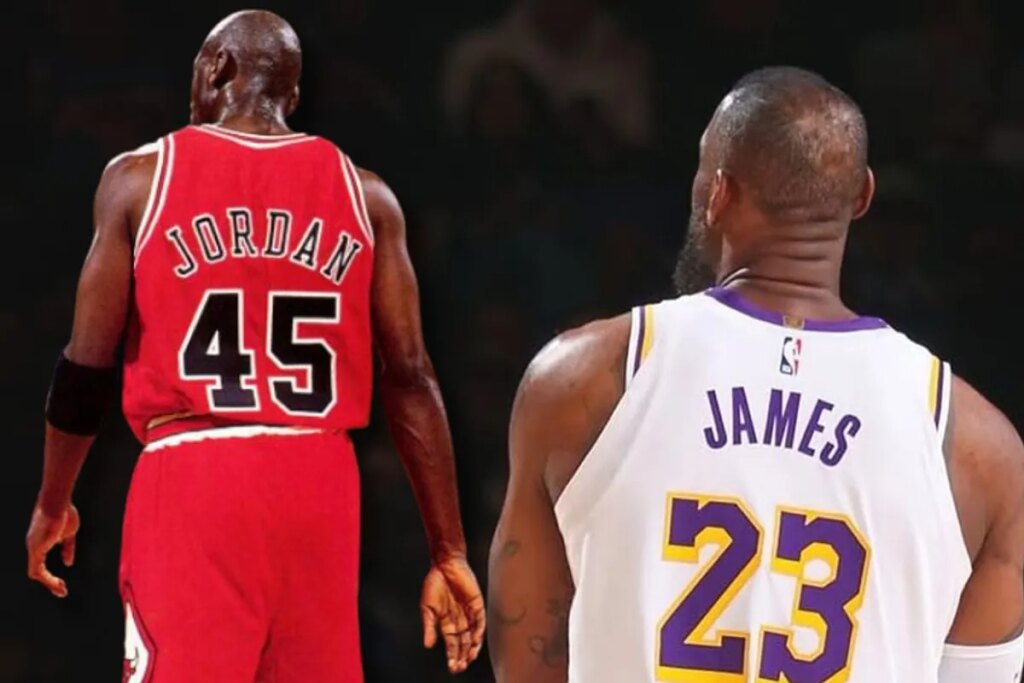It’s a reality: playing basketball under the gaze of packed stadiums and millions of fans watching on TV is not just a physical challenge; it’s a deeply mental one. The pressure to perform every night wears down even the strongest. Michael Jordan, a symbol of resilience, admitted that after his historic “three-peat,” he felt mentally exhausted. LeBron James, often seen as unbreakable, has also carried that burden. The truth is clear: greatness does not eliminate vulnerability. Behind the triumphs lies a silent storm that fans rarely get to see.
In 2011, after the unexpected Finals loss to the Dallas Mavericks, LeBron admitted he had lost the joy of playing. That moment of honesty revealed how deeply mental exhaustion had affected him. Years later, he explained that meditation, therapy, and disconnecting from social media were key to finding peace again. It was more than a defeat-it was a turning point that redefined his relationship with basketball.
When anxiety silenced LeBron James
On the Club 520 podcast, former player Jeff Teague and his co-hosts recalled that episode. DJ Wells was direct: “Mental block for sure against the Mavs. That wasn’t LeBron.” It wasn’t a lack of talent, but an internal battle. Those Finals became the clearest example of how anxiety can bring down even a legend.
The conversation also emphasized that no icon is exempt from these challenges. Teague summed it up: “There are a lot of guys who face anxiety when it’s time to perform in front of crowds.” Wells added a powerful reflection: “We’ve seen all our legends go through tough times. Look at LeBron. Look at MJ.” The reminder was clear: even the greatest face battles that don’t show up in the stats.
LeBron James vs Michael Jordan
The 2011 Finals remain the most cited stain on LeBron James’ career. The Miami Heat were favorites, but lost in six games to Dallas. LeBron averaged just 17.8 points-far below his usual numbers-and scored only 8 points in Game 4. For his critics, that collapse was the ultimate proof that he couldn’t match the perfection of Michael Jordan, who won six championships without ever losing a Finals.
LeBron himself later admitted that the pressure broke him: “I played to prove people wrong and lost the love for the game.” He became passive, let the criticism weigh on him, and abandoned his usual aggressiveness. It wasn’t his body that failed-it was his mind.
Paradoxically, that failure became the engine of his evolution. After 2011, LeBron sought therapy, studied the mindset of Jordan and Kobe Bryant, and refined his game with Hakeem Olajuwon. The following year, he redeemed himself with a championship and a Finals MVP. Still, the shadow of that collapse lives on, fueling the debate every time his legacy is compared to Michael Jordan’s.
Read the full article here

